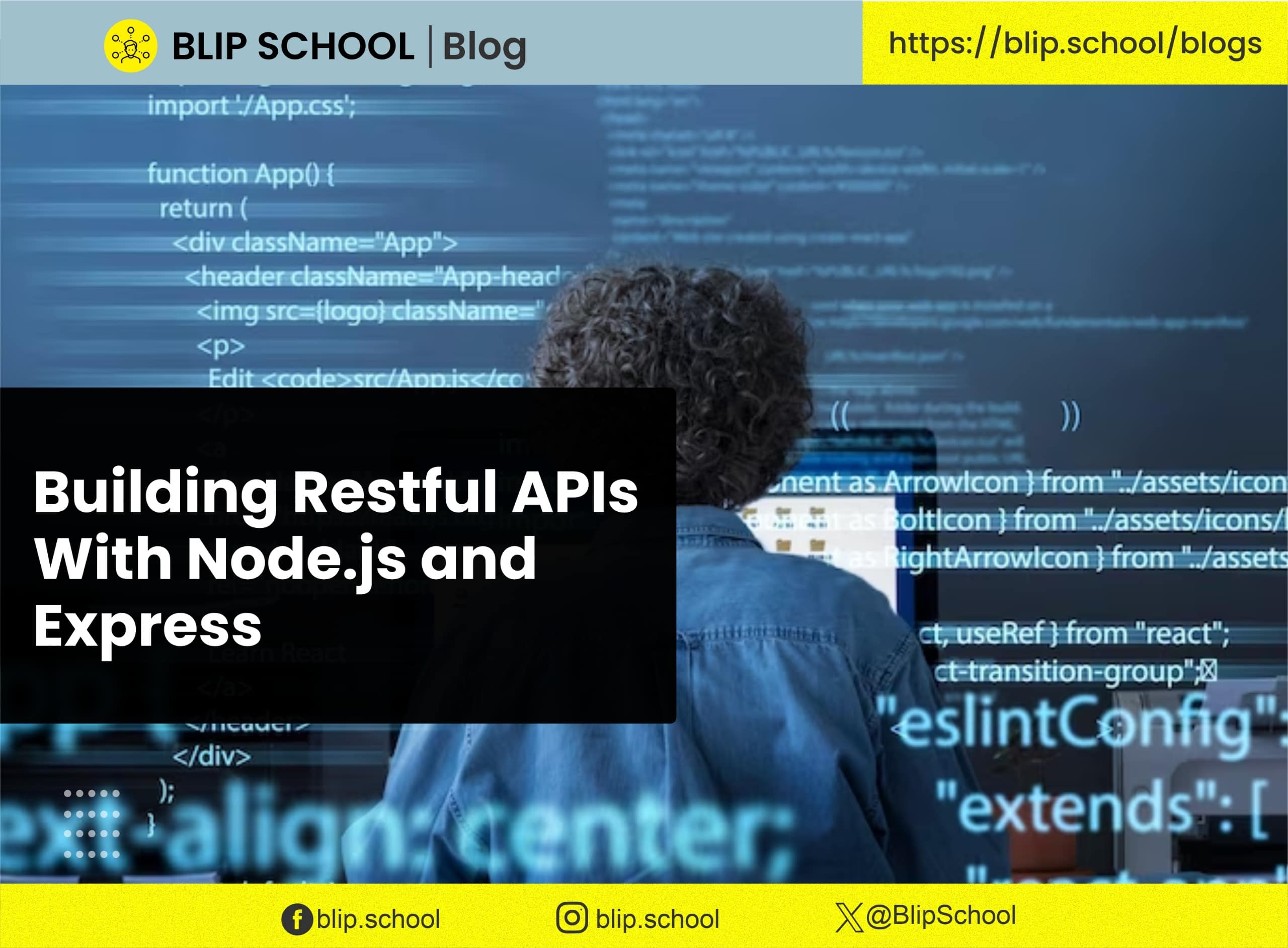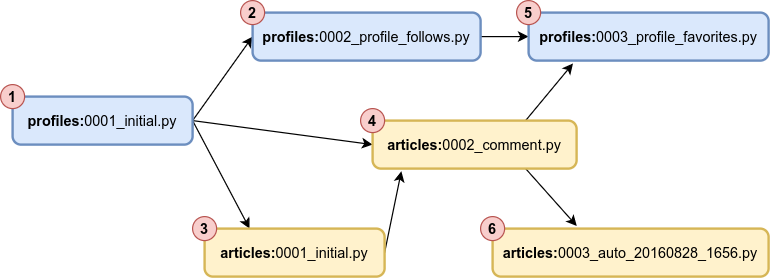Compiling an application for use in highly radioactive environments
We are compiling an embedded C++ application that is deployed in a shielded device in an environment bombarded with ionizing radiation. We are using GCC and cross-compiling for ARM. When deployed, our application generates some erroneous data and crashes more often than we would like. The hardware is designed for this environment, and our application has run on this platform for several years.
Are there changes we can make to our code, or compile-time improvements that can be made to identify/correct soft errors and memory-corruption caused by single event upsets? Have any other developers had success in reducing the harmful effects of soft errors on a long-running application?
Working for about 4-5 years with software/firmware development and environment testing of miniaturized satellites*, I would like to share my experience here.
*(miniaturized satellites are a lot more prone to single event upsets than bigger satellites due to its relatively small, limited sizes for its electronic components)
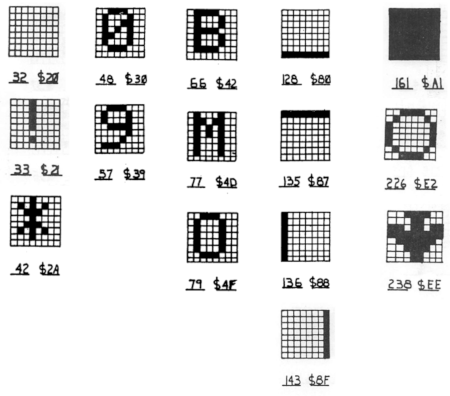
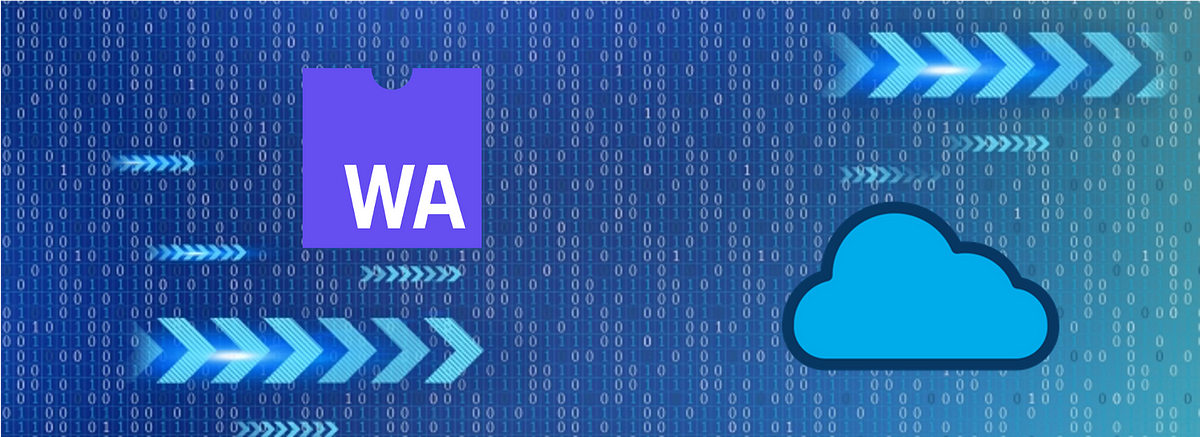
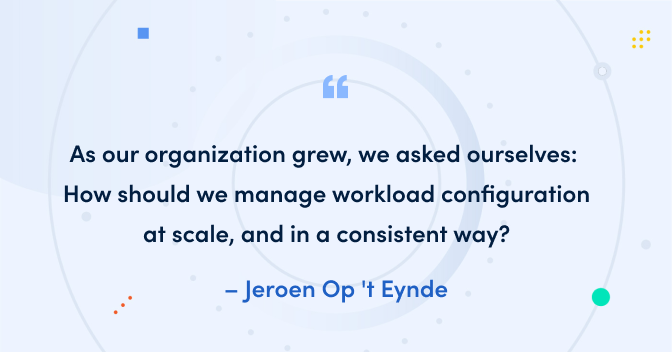




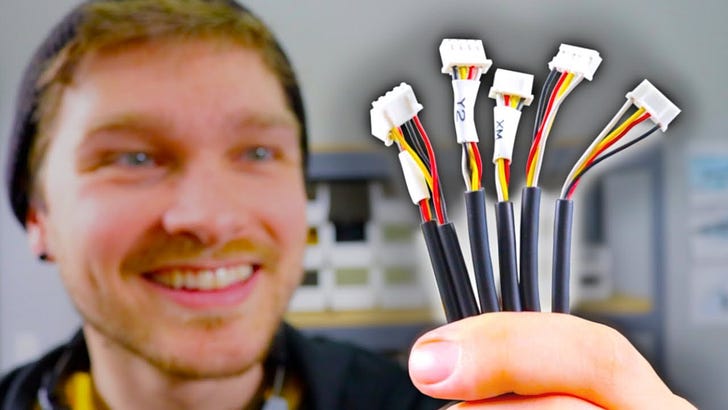
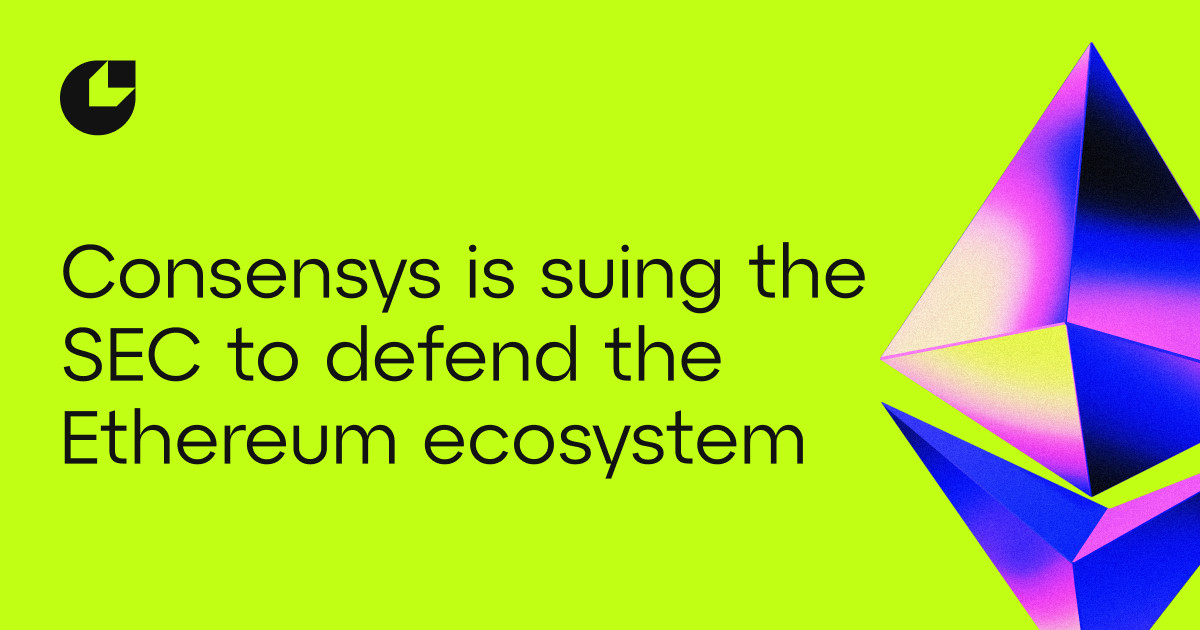




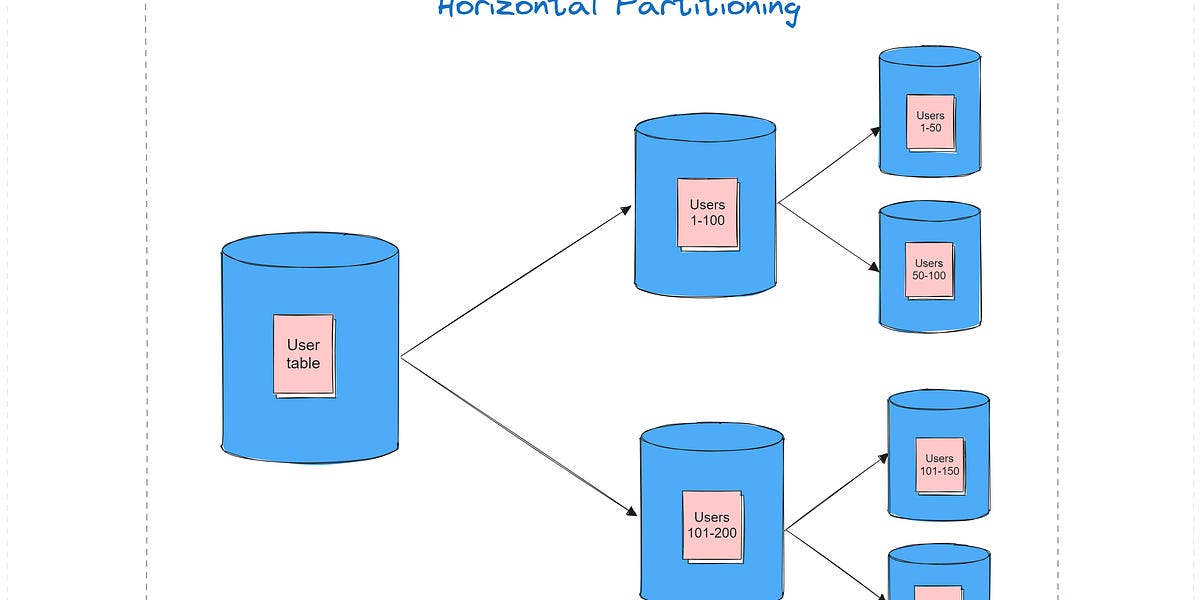

/cdn.vox-cdn.com/uploads/chorus_asset/file/25417952/transformers_megatron.jpg)



